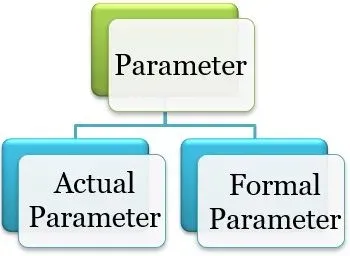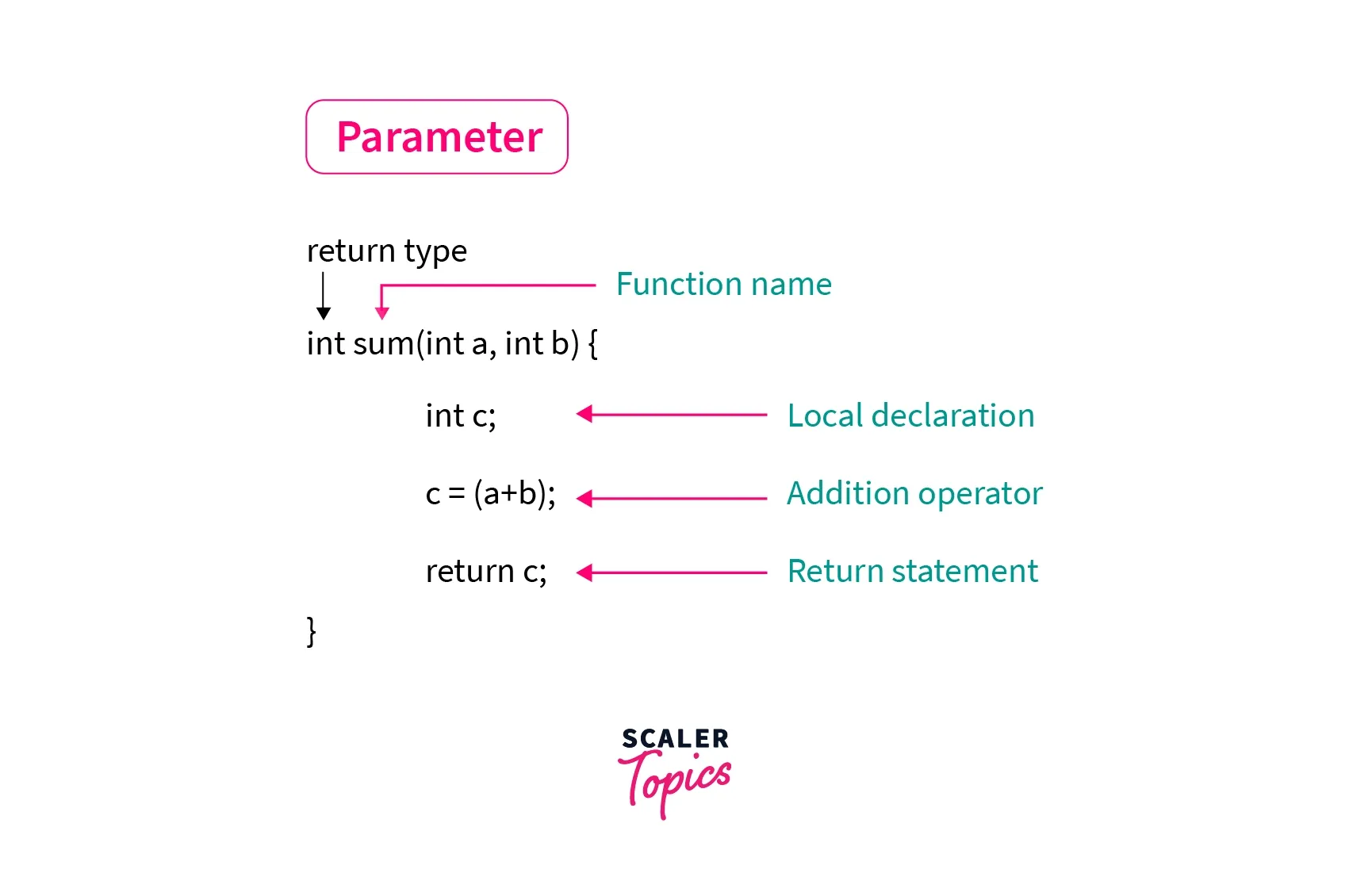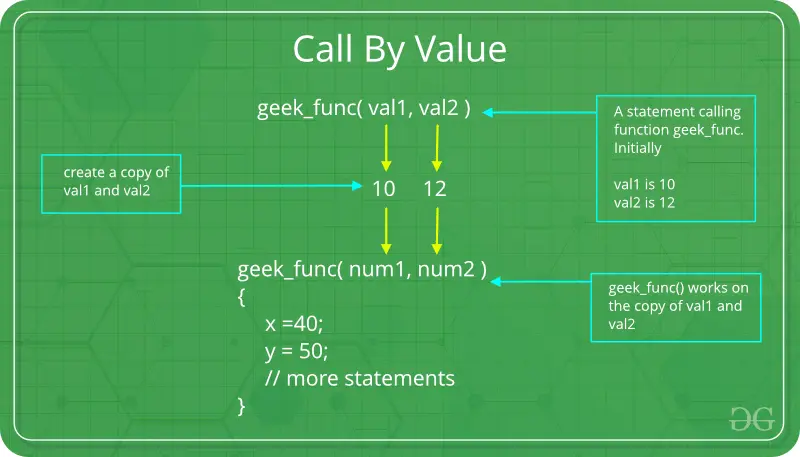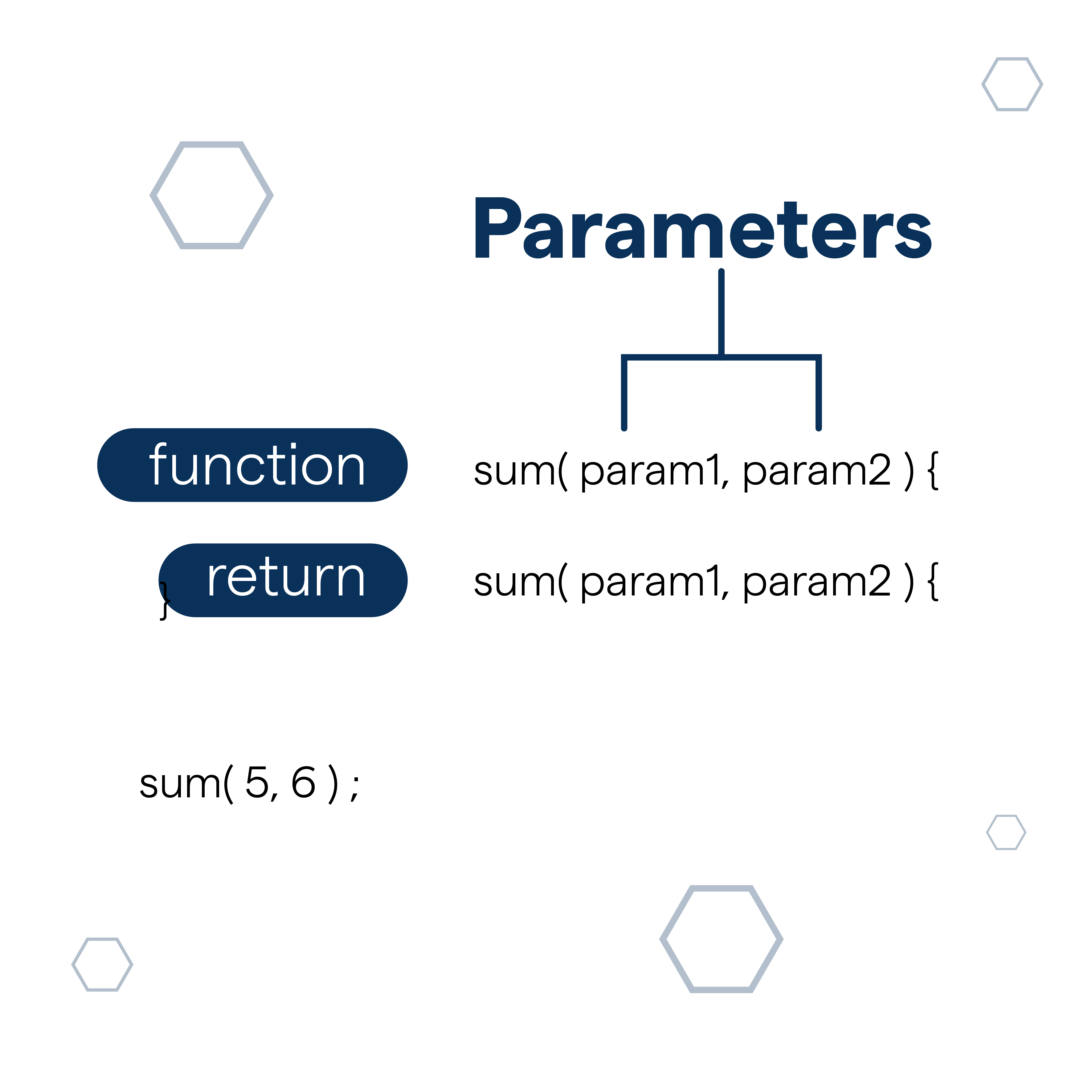What are Parameters?
Parameters are predefined variables used in programming and mathematical functions to store values, allowing for flexibility and customization.
They serve as placeholders that represent specific data, which can be modified without altering the core function or code.
In a function, parameters are declared within parentheses, and when the function is called, actual values called arguments are passed to these parameters.
Parameters enable code reuse, improve readability, and simplify complex calculations.
Parameters in Different Fields
- Mathematics: In math, a parameter is a constant in an equation that determines the shape, position, or other properties of a curve or surface.
- Statistics: In statistics, parameters are used to describe the characteristics of a population, like the mean or standard deviation.
- Computer Science: In computer programming, parameters are the input values that a function or method requires to perform its task.
- Engineering: In engineering, parameters describe the properties of materials, components, or systems, like the tensile strength of steel or the efficiency of a turbine.
Types of Parameters
Parameters come in various flavors. Here are some of the most common types you might encounter:

- Formal Parameters: These are the variables defined in the function or method declaration. They act as placeholders for the actual values that will be passed when the function is called.
- Actual Parameters: These are the specific values passed to a function or method when it's called. They correspond to the formal parameters in the function declaration.
- Optional Parameters: These parameters have default values and are not required when calling a function or method. If they're not provided, the default value is used.
- Default Parameters: Similar to optional parameters, default parameters have predefined values. However, they can be overridden by providing a different value when calling the function or method.
Parameters vs. Arguments
- Parameters are the variables defined in a function or method declaration, as mentioned earlier.
- Arguments are the actual values passed to the function or method when it's called.
Think of it this way: parameters are like empty cups waiting to be filled, while arguments are the delicious beverages that fill them.
How do Parameters Work?

Parameter Passing Methods
- Pass by Value: In this method, the value of the argument is passed to the parameter. Any changes made to the parameter within the function or method do not affect the original value of the argument outside the function.
- Pass by Reference: In this method, a reference to the memory location of the argument is passed to the parameter. This means that any changes made to the parameter within the function or method will also affect the original value of the argument outside the function.
- Pass by Name: This method is less common and involves substituting the parameter with the actual argument expression in the function or method. It essentially combines aspects of both pass by value and pass by reference.
The Importance of Parameters

Parameters play a crucial role in various fields, from programming to scientific research. Here's why they matter
Use Cases in Various Fields
- Programming: Parameters allow functions and methods to be more flexible and reusable, as they can accept different input values for different situations.
- Data Analysis: Parameters help describe the characteristics of a dataset, allowing for better understanding and interpretation of the data.
- Scientific Research: Parameters are used to model complex systems, making it easier to study and predict their behavior.
- Engineering Design: Parameters define the properties of materials and components, allowing engineers to optimize their designs for specific applications.
Common Misconceptions About Parameters

Here are some common misconceptions about parameters-
Parameters and Arguments are the Same
A common misconception is that parameters and arguments are the same.
In reality, parameters are the variables declared in a function definition, while arguments are the actual values passed to the function when it's called.
Parameters Must Have Default Values
Some people believe that parameters must always have default values. However, this is not true.
Default values are optional and are only used when a value for a parameter is not provided during the function call.
All Functions Require Parameters
Another misconception is that all functions must have parameters. In fact, functions can be written without parameters, performing their tasks based solely on the code within the function.
Parameters are useful for making functions more versatile, but they are not always necessary.
Changing Parameter Values Affects the Entire Program
Some may think that changing parameter values in a function affects the entire program. However, parameters only affect the specific function they're part of.
When a function is called, the values of its parameters are limited to the function's scope, meaning they won't impact other parts of the program.
Examples of Parameters in Real-World Applications
Parameters are essential in a wide range of real-world applications across various fields. Here are some examples:
E-commerce Product Filtering

In e-commerce applications, parameters are used to filter products based on user preferences, such as price range, color, or size.
Functions that handle filtering take these parameters as input and return the filtered results accordingly.
Weather Forecasting Apps
Weather apps use parameters to display forecasts for specific locations and time periods.
Functions within the app take parameters like city, date, and time, and return the relevant weather information for the user's request.
Video Game Character Customization

In video games, character customization often relies on parameters to create unique appearances.
Functions handling customization take parameters like hair color, skin tone, and clothing style, allowing players to create their ideal characters.
Data Analysis and Visualization
Parameters play a crucial role in data analysis and visualization tools, enabling users to customize graphs, charts, and reports.
Functions that generate visualizations take parameters such as data range, chart type, and color scheme, allowing users to tailor the output to their needs.
TL;DR
Parameters are predefined variables in functions that store values, allowing customization and flexibility in programming.
They act as placeholders for data, enabling code reuse and improved readability. Parameters are declared within parentheses in a function, and when called, actual values (arguments) are passed to these parameters.
Frequently Asked Questions (FAQs)
What is a Parameter in Programming?
A parameter is a variable used in the definition of a function to represent the data that the function operates on. It serves as a placeholder for the actual value.
What's the Difference Between a Parameter and an Argument?
While often used interchangeably, these terms have different meanings. Parameters are variables defined by a function, while arguments are the actual values passed to the function when called.
Can a Function Have Multiple Parameters?
Yes, a function can have multiple parameters. These parameters are usually separated by commas within the function's parentheses during its declaration.
How Important is the Order of Parameters?
In many programming languages, the order of parameters is crucial. When calling the function, arguments must be passed in the same order as the parameters were defined.
Can a Parameter be an Object or a Function?
Yes, in many languages like JavaScript, parameters can be more complex types, including objects or even other functions, expanding the ways you can pass data and behavior between functions.

